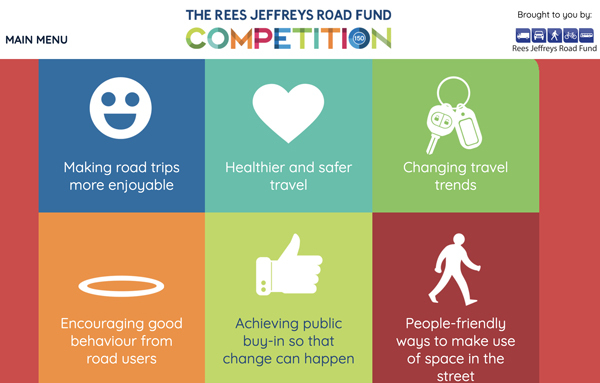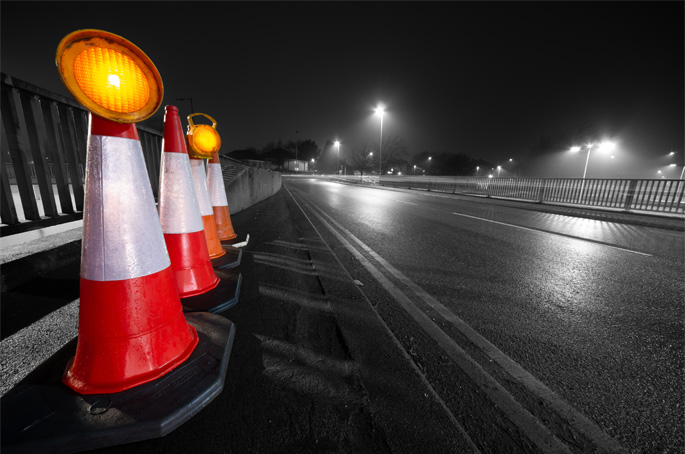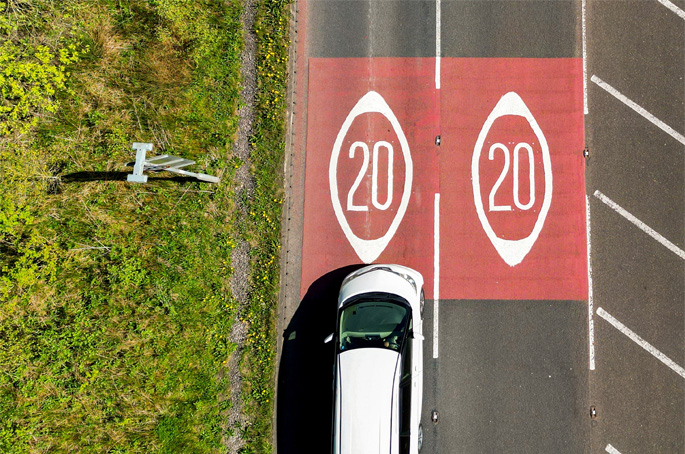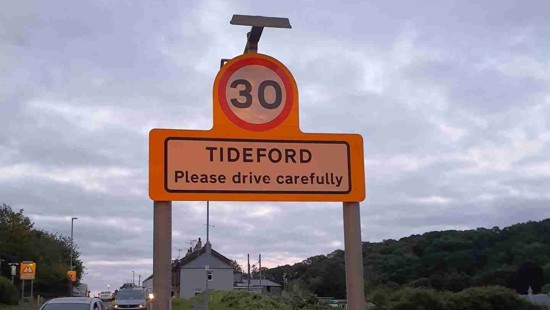The Rees Jeffreys Road Fund is celebrating 150 years since the birth of its benefactor, William Rees Jeffreys, by running a major new competition.
The Fund's Trustees are asking entrants to consider a fundamental question: what's your vision of the way in which our roads (motorways, highways, streets and footways) could best work for us all as we square up to the challenges of the next 50 years?
There is up to £150,000 available to fund the best suggestions, and a range of great prizes for creative and innovative ideas. Winners will be announced in early December 2021 – you can find out all the details on the competition website.
The Competition will be launched at a free webinar on September 14, register here:

The need for innovation
The impact of the pandemic and the pressing need to decarbonise give this competition extra impetus. The pandemic showed that we can change, and very quickly, if we need to. Traffic levels fell by up to 90% in spring 2020, and are only now creeping back to pre-COVID levels.
Legally binding Government commitments mandate that surface transport in the UK becomes net zero by 2050, and the recent Transport Decarbonisation Plan (TDP) lists a range of measures to deliver this target, supported by essential behaviour change schemes.
Transport secretary Grant Shapps stresses that the TDP is 'just the start – we will need continued efforts and collaboration to deliver its ambitious commitments'.
These efforts include innovative and creative thinking.
'Transport is not just how you get around,' said Mr Shapps. 'It is something that fundamentally shapes our towns, cities and countryside, our living standards and our health. It can shape all those things for good or for bad.'
With that in mind, the heart of this competition goes way beyond traditional highway design: (new types of kerbs, new kinds of surfacing), rewilding roadside verges, or replacing petrol stations with EV charging hubs.
It goes beyond improving buses as we know them and simply promoting ‘active' travel – the TDP contains a pledge to make walking and cycling the natural first choice for all who can take them, but the question there is ‘how?'.
Essentially, this competition is about thinking differently.
It's about new ideas in social and spatial thinking, as well as innovative technology, design and engineering.
Transport is one of the most emotive and complex areas of our lives and our society, and the Rees Jeffreys Trustees suspect that the public's understanding of the change required may be sharper than that of our policy makers, engineers or planners – and that's what they want to find out.
No-one is expecting entrants to solve all future road transport challenges, but the Trustees are sure that there are plenty of really interesting and innovative ideas out there, and they want to hear about them.
Consider the future. Today many of us drive, even for really quite short trips, and many more have Amazon parcels and Deliveroo takeaways delivered to their homes and office. So with vehicle movements critical to the economy – recent empty supermarket shelves testify to the impact of an HGV driver shortage – what's to be done?
Is it sensible to dedicate road space for cyclists when there's currently so few of them? Do we need to celebrate policies and infrastructure designs that limit or reduce the space available for motor vehicles?
The road haulage sector called the TDP a 'blue skies aspiration ahead of real life reality' – what are the ideas that would make those aspirations real?
As Professor Peter Cox of the University of Chester points out, speaking of new types of transport infrastructure, you can only really ask for what you know.
'One of the central issues is that you can't imagine what you don't know, and what has not, so far, been in your imaginative framework. It's difficult to see what good feels like until you're experienced it.'
But what we're faced with today is changing. Mr Cox adds: 'We are now facing a climate emergency, and business as normal cannot continue. So the moral case becomes ‘how much can we agree to privilege one group of people over another?'
A competition about roads and enjoyment
Rees Jeffreys Trustee Andy Graham asks competition entrants to consider 'how we make roads more enjoyable'.
This competition offers a chance to rethink how groups, including (but not exclusively) drivers can derive enjoyment from roads, both in the experience they provide and in their utility of enabling people to get from A to B.
Of course drivers should be keeping their eyes on the road, but William Rees Jeffreys was keen that, like their passengers, they should have the opportunity to appreciate the countryside around them – hence the fund has contributed to the creation of more than 100 roadside rests around the country.
Trustee Steve Gooding said: 'William Rees Jeffreys was one of those rare people who could not only see into the future, but had the energy and knowledge to shape the way that future would play out. Facing today's challenges, how would his foresight, and his imagination, have helped him see beyond the limits of today's roads and today's technology?
'And, more importantly, how will yours?'
































